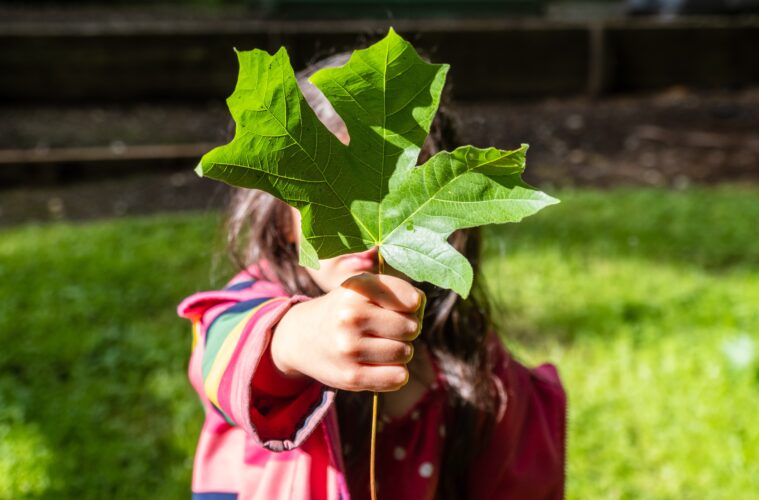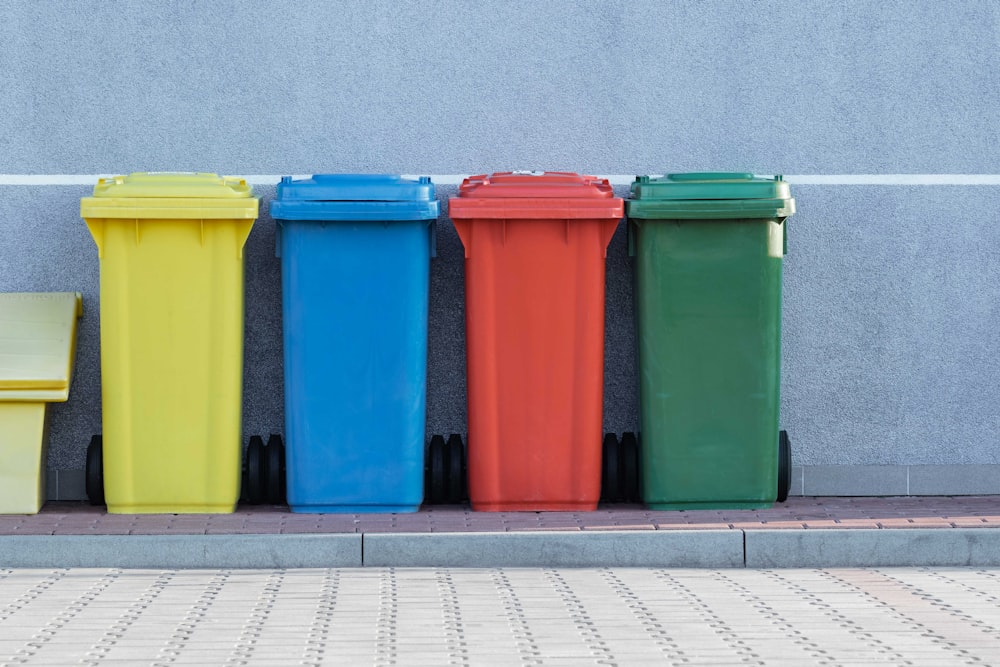Every person in the world inevitably leaves their mark on the environment. Even newborn babies with many dirty, soiled diapers leave these unwanted materials in landfills. And they stay there long since some components, like plastic parts, are not biodegradable.
Sadly, if people continue living as they do, mother earth may eventually be unable to sustain the needs of future generations. The ecological footprint of early ancestors is already evident in the extreme climate change and global warming the world is experiencing today.
Many stewards of the environment promote green living to protect the planet and prevent further degradation. Attempts to slow down and counteract problems are seen in campaigns like clean the ocean or reduce, reuse, and recycling programs. Those who want to do their part for the planet can make a positive impact with these simple hacks that reduce their environmental footprint.
Consider Renewable Energy
Anyone who has ever researched renewable energy and asked someone to rewrite my essay will thoroughly understand how the energy sector using coal or burning fossil fuels is the largest source of greenhouse gas emissions. Thus, people with a budget can consider switching to solar panel installation as their alternative energy source.
Apart from leaving a good environmental footprint, this practice saves a ton of money on monthly energy bills. Although a big investment may be needed upfront for the system, long-term savings are superior. And using renewable energy from clean sources eases the conscience.
Reduce Usage of Single-Use Disposable Plastic
These single-use disposable plastics are one of the most harmful products. Plastic takes a very long time to biodegrade; that’s why there’s a lot present in landfills. When not disposed of properly, this can end up in the ocean, harming marine animals. It can also clot waterways, resulting in floods that damage property and harm human lives. Check out examples of these single-use disposable plastics below:
- Plastic bags
- Plastic straws
- Disposable plastic cups
- Plastic utensil
- Plastic water bottles
Instead, switch to reusable items like metal water containers, shopping tote bags, metal straws, etc. Start refusing plastic when possible to leave a good eco-footprint.
Use-Energy Saving Devices
Those with meager budgets can also do their part to reduce energy consumption, which is the primary culprit of leasing noxious gasses into the air. This can be done easily by investing in energy-saving appliances that reduce electric and water use. Examples of these are:
- Inverter refrigerators
- Smart toilets with water-saving features
- Inverter Air conditioning units
- Smart Thermostats that automatically monitor and control ambient temp
- Energy-saving heat pumps and other heating equipment
- Solar-powered rechargeable battery packs for small gadgets like cell phones
Consume Less Meat
Those who are serious about reducing their harmful impact on the environment could eat less meat. Sadly, the meat industry is another primary source of greenhouse gas emissions. On top of that, there are other issues to contend with like:
- Land degradation
- Potential water contamination
- Waste disposal
- Animal welfare
One of the easiest things people can do to reduce their ecological footprint is to enjoy less meat. Have more vegetarian days and support local meat sources like grass-fed beef, free-range poultry, organic eggs, etc. And those who eat fish and poultry are also better off from being naturally raised as opposed to farmed products.
Reduce Daily Waste
Landfills are filling up to the brim, so this could be disastrous if people don’t get a handle on their trash. Individuals must do their part to reduce waste daily. Here are some suggestions to make that happen:
- For the kitchen: Buy items that can be consumed without spoilage, eat more veggies, and compost bio waste. Make it a habit to segregate reusable and recyclable trash in their proper receptacles.
- For the bathroom: Use products that don’t utilize plastic containers, like shampoo bars and conditioners. Patronize only recyclable products with an eco-friendly thrust.
- For the dining area: Refrain from using disposable plates and utensils. It’s much cheaper to hand wash small items. Alternatively, collect dirty dinnerware for the week and run the dishwasher once or twice a week.
Take an Active Part in Recycling
Recycling is crucial to protecting mother earth because it conserves resources. At the same time, it also reduces water, land, and air pollution. Individuals must make it a point to follow the recycling rules in their locality. Some local government units use color-coded bins to segregate biodegradable, reusable, and recyclable waste.
Pay Attention to Car Usage
Driving is convenient, but gas engines unleash harmful pollutants into the air. If possible, switch to an electric vehicle. These are better for mother earth, and it means no gas consumption. Imagine never having to pay for pricey gas again!
If buying an EV is impossible, walk or ride a bike instead of driving the car, especially if it’s just a short distance or the driver is a solo occupant. Alternatively, it would be wise to group errands together to save on gas. Having other people ride the vehicle is also a responsible way to use the car because more people benefit, and less carbon is released into the air.
Reduce Water Consumption
Conserve clean water from the tap because it is a privilege many people in poorer countries do not receive. The rise in temperatures has resulted in droughts. Clean water reservoirs are drying faster than in the good old days. Those who truly care about the world need to conserve precious water. Here are some tips for doing that:
- Use rain barrels to collect water for yard use
- Quick wash full loads in the washing machine
- Don’t run the water when brushing your teeth
- Always consume water that’s in the glass or jug
Final Thoughts
These simple suggestions can go a long way in saving and protecting mother earth against further degradation. People on this planet must do their part to protect their habitat. If not, future generations may suffer air or water pollution and a lack of potable water, electricity, and food.
Published by HOLR Magazine.




